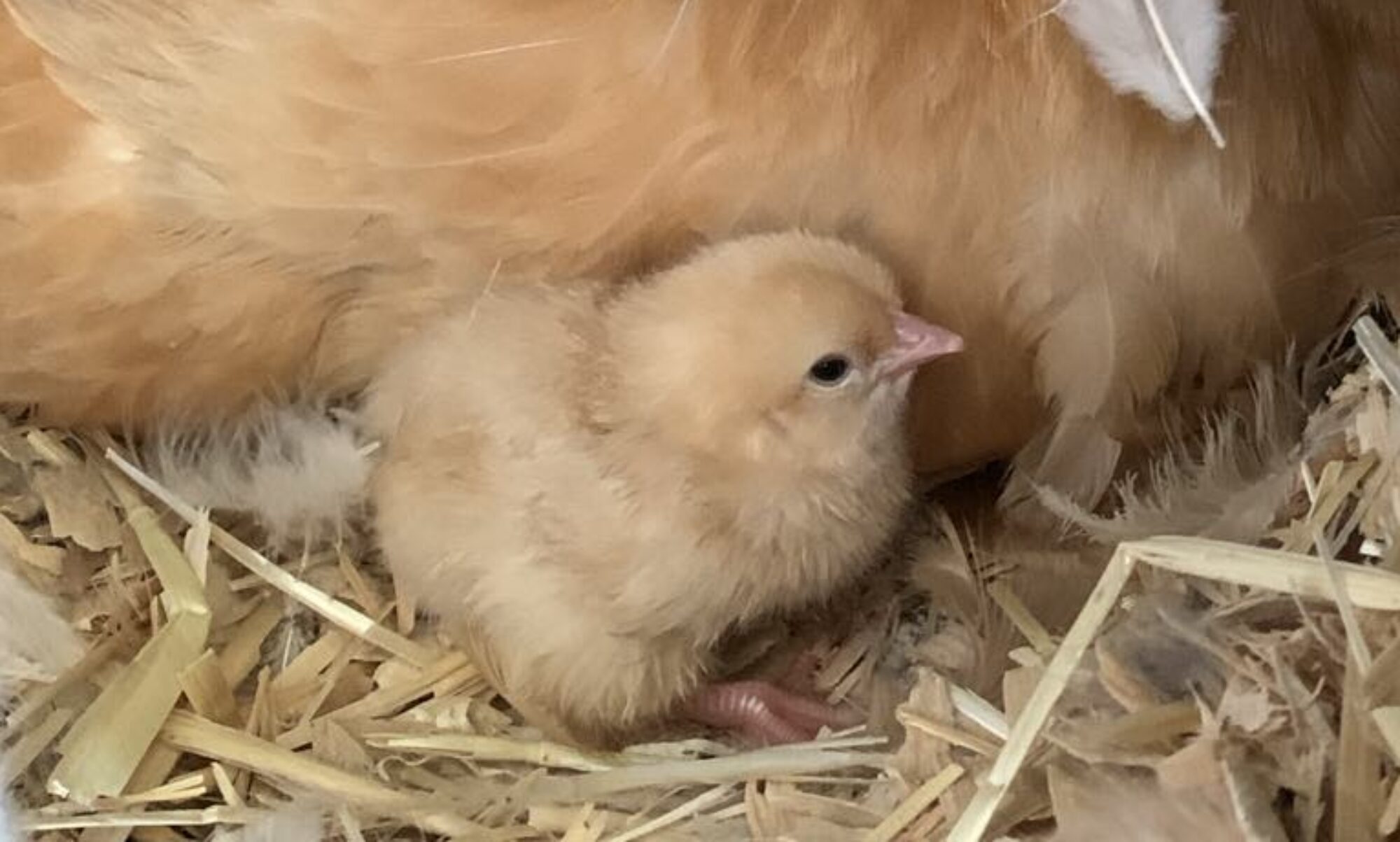I don’t really know too much about sunflower seeds other than discarded seed hulls generally littered the ground under the stands at baseball games and birds really seemed to like them. They were not a favorite of mine. I enjoyed sucking the salt off of the seed, but breaking into the hull for such a tiny reward didn’t seem worthwhile to me. Just recently I discovered that all sunflower seeds are not created equally. Some have thicker hulls, less oil, different nutritional benefits. Others are a really great source of nutrients for a variety of farm animals. The familiar black seed that is found in wild bird seed is the Black Oil Sunflower Seed, often referred to as B.O.S.S., a very adept acronym for a powerhouse food. No wonder birds love them! They seem to know instinctually the treasures that Mother Nature has supplied for them. Who would have guessed that a common bird feed would also be good for horses, goats, chickens and even rabbits!

Let’s look at the benefits of the B.O.S.S.:
For horses. B.O.S.S. are mainly fed to horses for two reasons: 1) to help promote skin health and coat condition and 2) to help with weight gain. These seeds have a higher oil content which is good for healthy skin and a shiny coat, and a higher fat content which along with 2500 calories per pound aides in weight gain. The hull is thinner and therefore easier to chew and digest. In addition to all the vitamins and minerals B.O.S.S. are also a good source of amino acids which are important in building muscle. Horses should be given these seeds as a supplement, not a main course, at the rate of 1-2 cups per day depending on desired goals.

For goats. There is a lot of controversy over whether or not goats should be fed black oil sunflower seeds. B.O.S.S. contains many vitamins and minerals that are beneficial if fed in moderation. The oils will help to condition your goat’s coat, and the fat will help an underweight goat as well as increase the butterfat content of a lactating goat’s milk. One of the concerns is that the sunflower seeds have a high amount of phosphorus compared to calcium. It is recommended that goats be fed a diet with a calcium to phosphorus ratio of 2:1. If this balance is skewed, urinary calculi can result, which are mineral deposits in the urine generally comprised of phosphate salts. This condition can be very serious, especially for males since these deposits can block the urinary tract. My goats seem to like B.O.S.S.. I mix about 1 cup of seeds into their grain, which is then divided into five feeding pans. The three goats each get some as well as the free-range chicken’s, a goose and 1/2 dozen adult ducks. Making sure your goat has a quality hay or forage and plenty of clean drinking water will help to discourage urinary calculi.

For chickens. When feeding your chickens B.O.S.S. you might notice some outward signs of the benefits. Your hens will likely fill out a little due to the increased calories and fat. The oils will help to condition your chickens feathering. B.O.S.S. are also a good source of calcium and protein for your laying hens. I include B.O.S.S. in the daily diet of my chickens at the rate of about 1 cup of whole seeds for every 6 cups of formulated feed. It is also fun to sprinkle sunflower seeds into a plastic kiddie pool filled with straw. The chickens will scavenge through the hay until every last sunflower seed has been found!

For ducks and geese. In addition to all the already mentioned benefits for birds, B.O.S.S. are a good source of niacin, a mineral essential for the healthy development of ducklings and goslings. I will wait until my ducklings are a little bigger before introducing B.O.S.S., but I do give them to my adult ducks and geese as part of their daily feedings.

For rabbits. A great supplement to their diet, especially during the cooler months. The higher calories and fat content help to keep them warm and their dry winter coats shiny and conditioned. They should be fed in moderation as too much could cause weight gain and molting problems. I grow sunflowers in my garden and periodically in late summer, early fall, I will dig up the entire plant and feed it to the rabbits. They will eat the flower, seeds, leaves and gnaw on the stalks.

As I have learned, Black Oil Sunflower seeds are filled with vitamins and minerals, are an excellent source of calcium, protein and amino acids. They promote growth, strong bones and muscle development. They can be used to help with weight gain, and the conditioning of animals’ dry coats. They can also be used to increase the butterfat content of goat’s milk. The hull of the B.O.S.S. is thinner, easier to chew and digest, but also provides necessary dietary fiber. The thing to watch carefully is portion sizes and frequency of feeding. As with any food, too much of a good thing is too much. Providing your animal with a good, well-rounded, well-balanced diet is important in preventing illness and maintaining their health and overall well-being.
Sources:
https://ker.com/equinews/sunflower-seeds-horses-yea-nay/
http:// https://www.understanding-horse-nutrition.com/black-oil-sunflower-seeds.html
http:// https://riseandshinerabbitry.com/2012/11/25/feeding-rabbits-black-oil-sunflower-seeds/
https://www.newcountryorganics.com/calcium-and-phosphorus-why-is-there-a-21-ratio/

